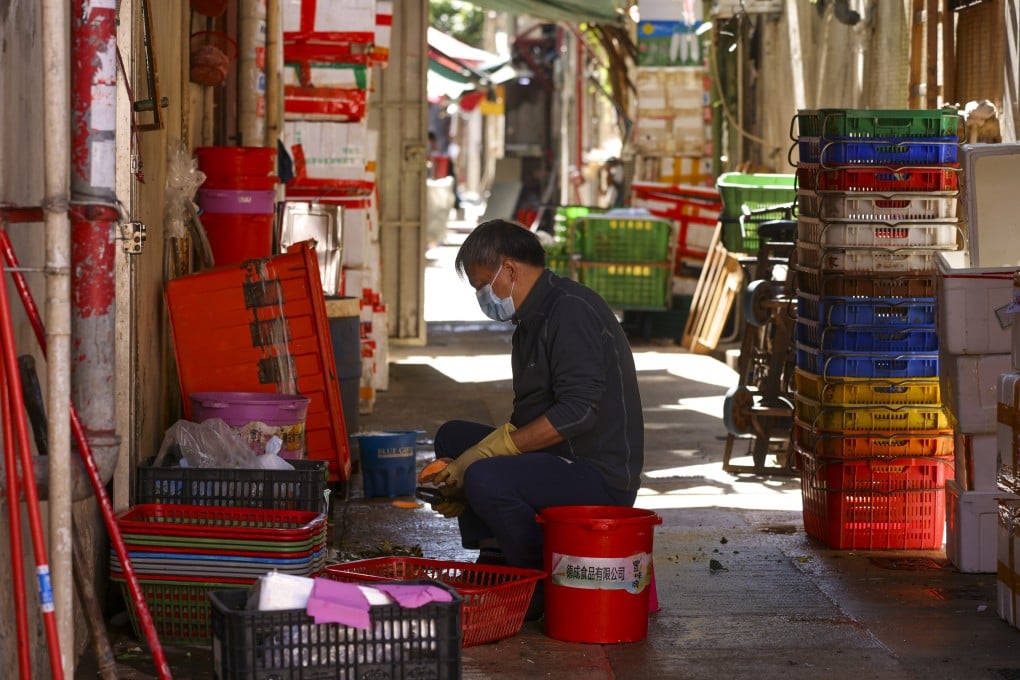Explainer | Should Hong Kong raise its minimum wage and review it annually to keep up with inflation?
- City’s minimum wage was left unchanged at HK$37.50 in 2021 when it was last reviewed
- Concern groups call on authorities to increase amount to match rising inflation and cost of living

Hong Kong’s minimum wage has once again entered public debate after an independent statutory body ended a six-week consultation on the hourly pay on Tuesday.
The Minimum Wage Commission will submit its recommendation to the government in October, which will then decide whether to adjust the existing pay level.
Here are some of the concerns and controversies related to the current review:
What is behind the controversy on Hong Kong’s minimum wage?
The commission on Tuesday ended its six-week public consultation, under which residents were invited to give their opinion on whether the hourly basic rate should be adjusted.
The consultation is part of a new round of the biennial review conducted by the commission, which is expected to submit its report to the chief executive by the end of October.
Hong Kong’s minimum wage was left unchanged at HK$37.50 (US$8) in 2021 when it was last reviewed, marking the first time the figure was not increased since it was introduced in 2011, with authorities citing a struggling economy battered by the coronavirus pandemic.